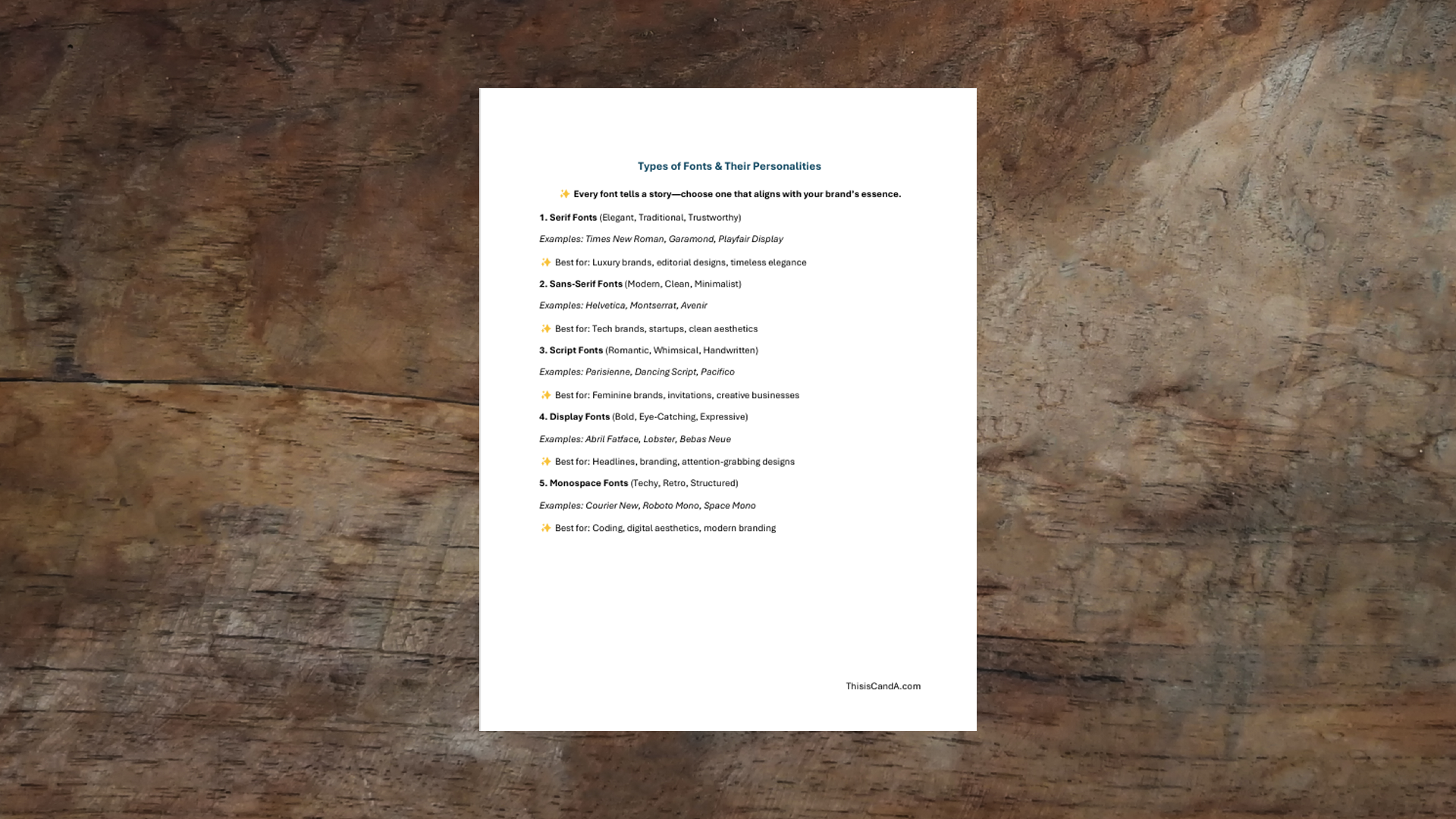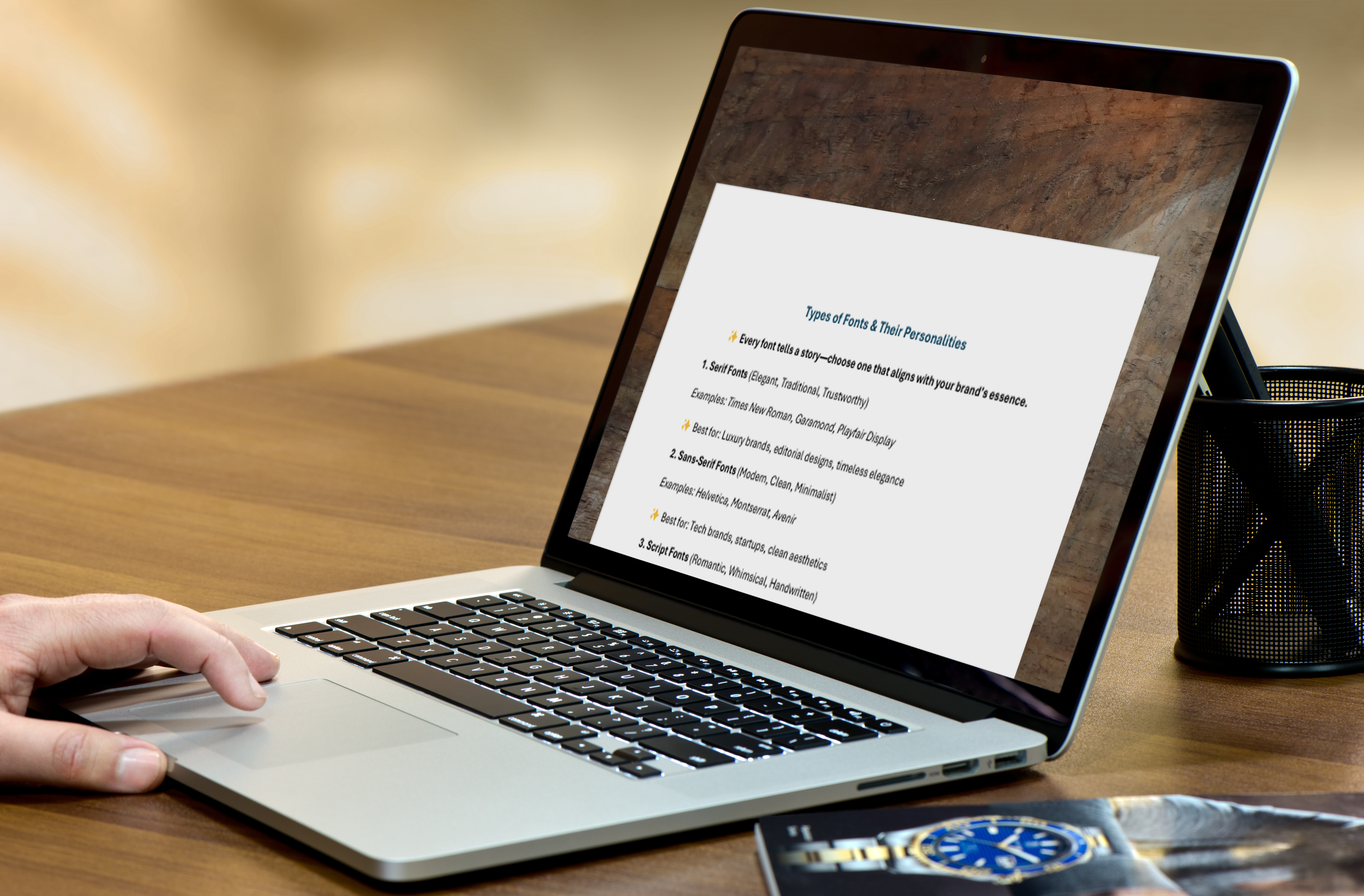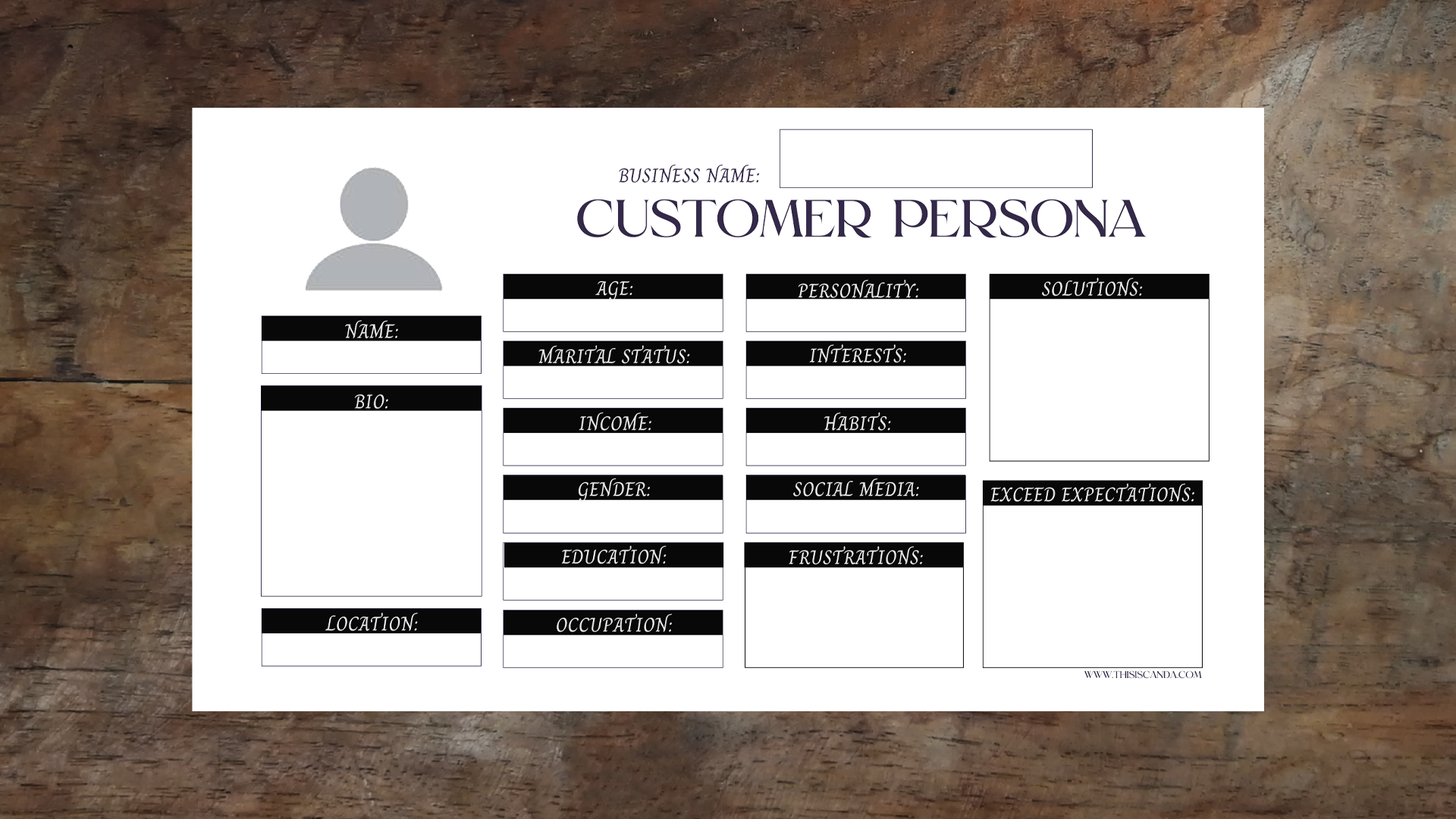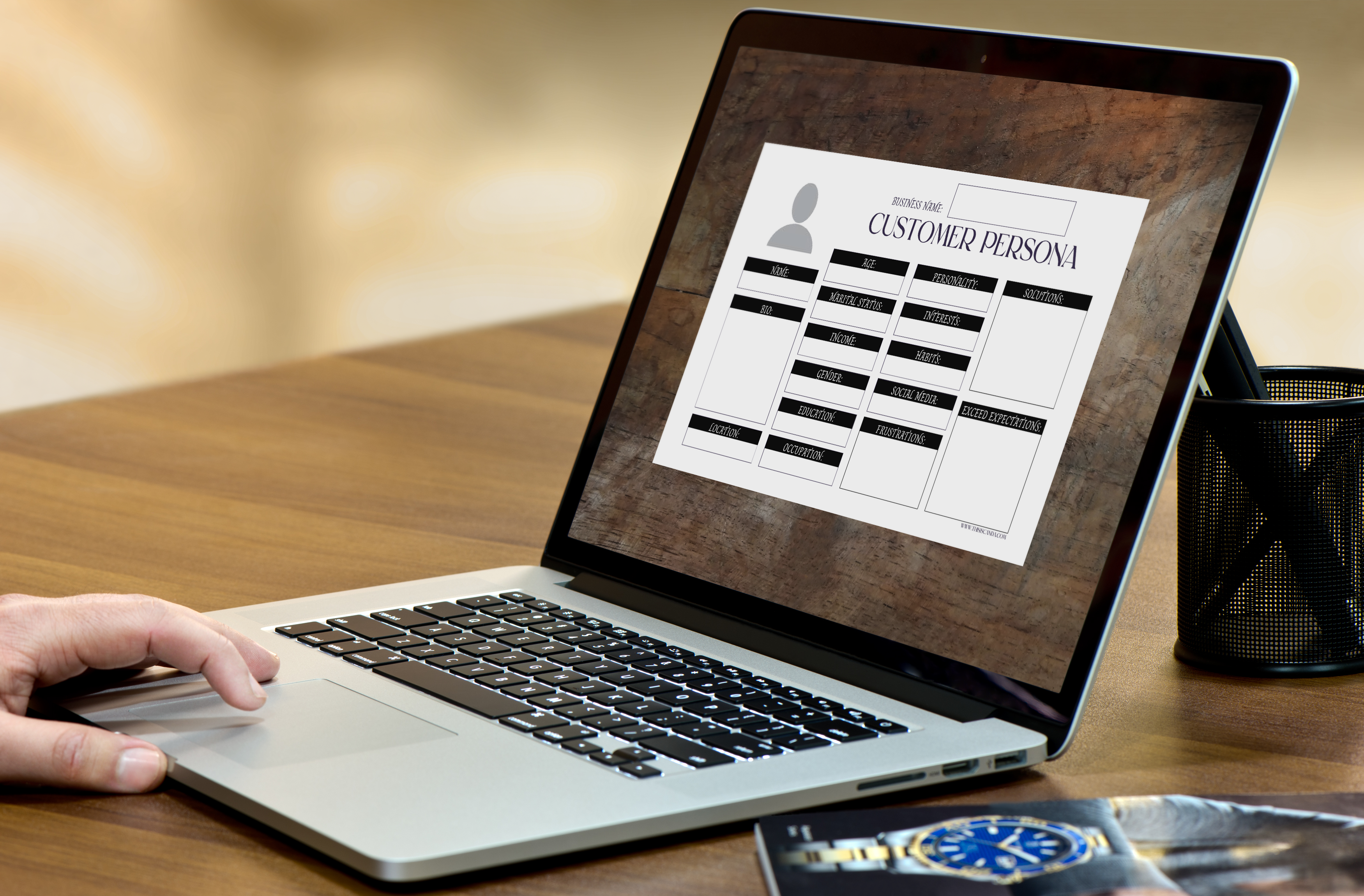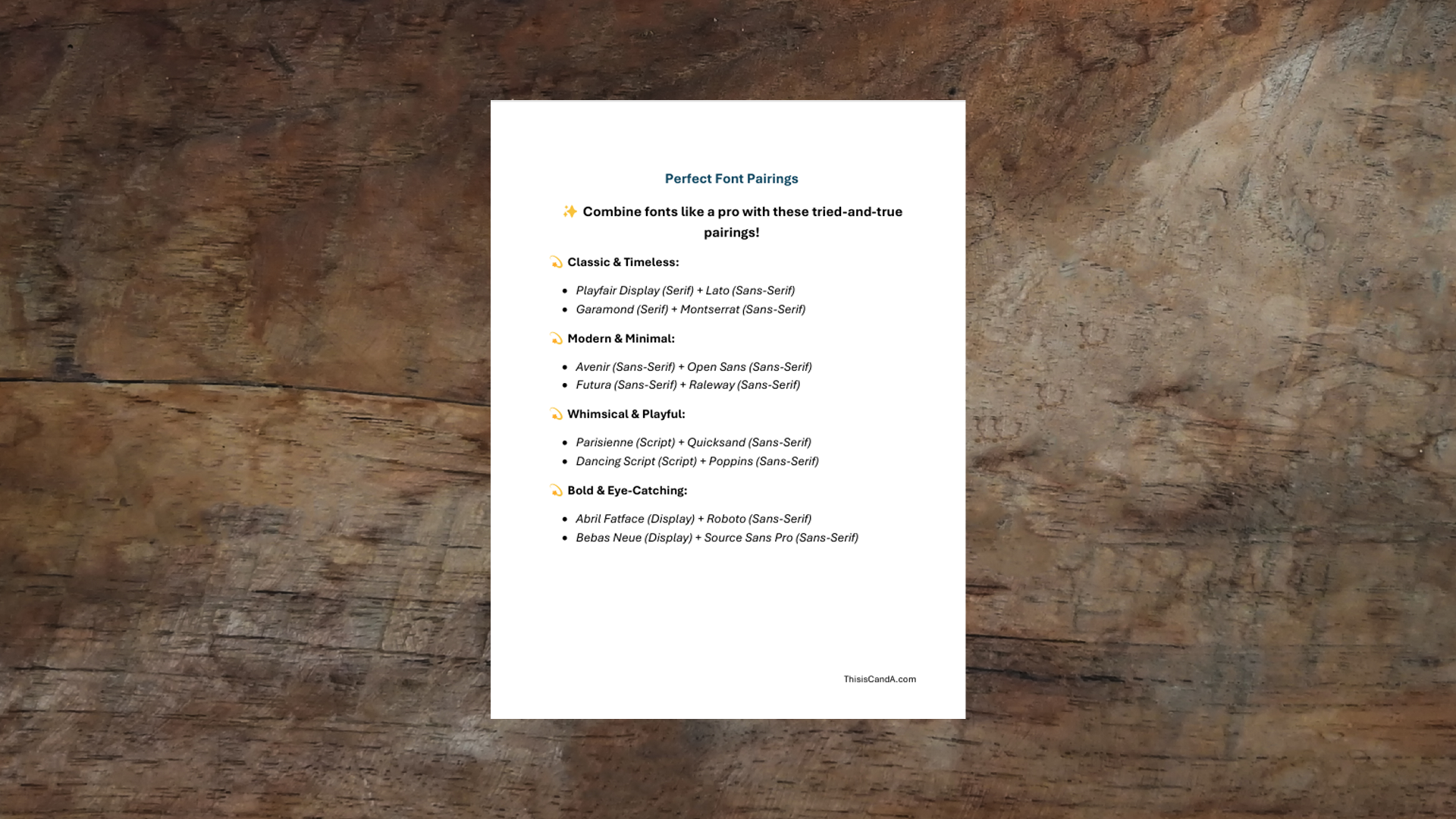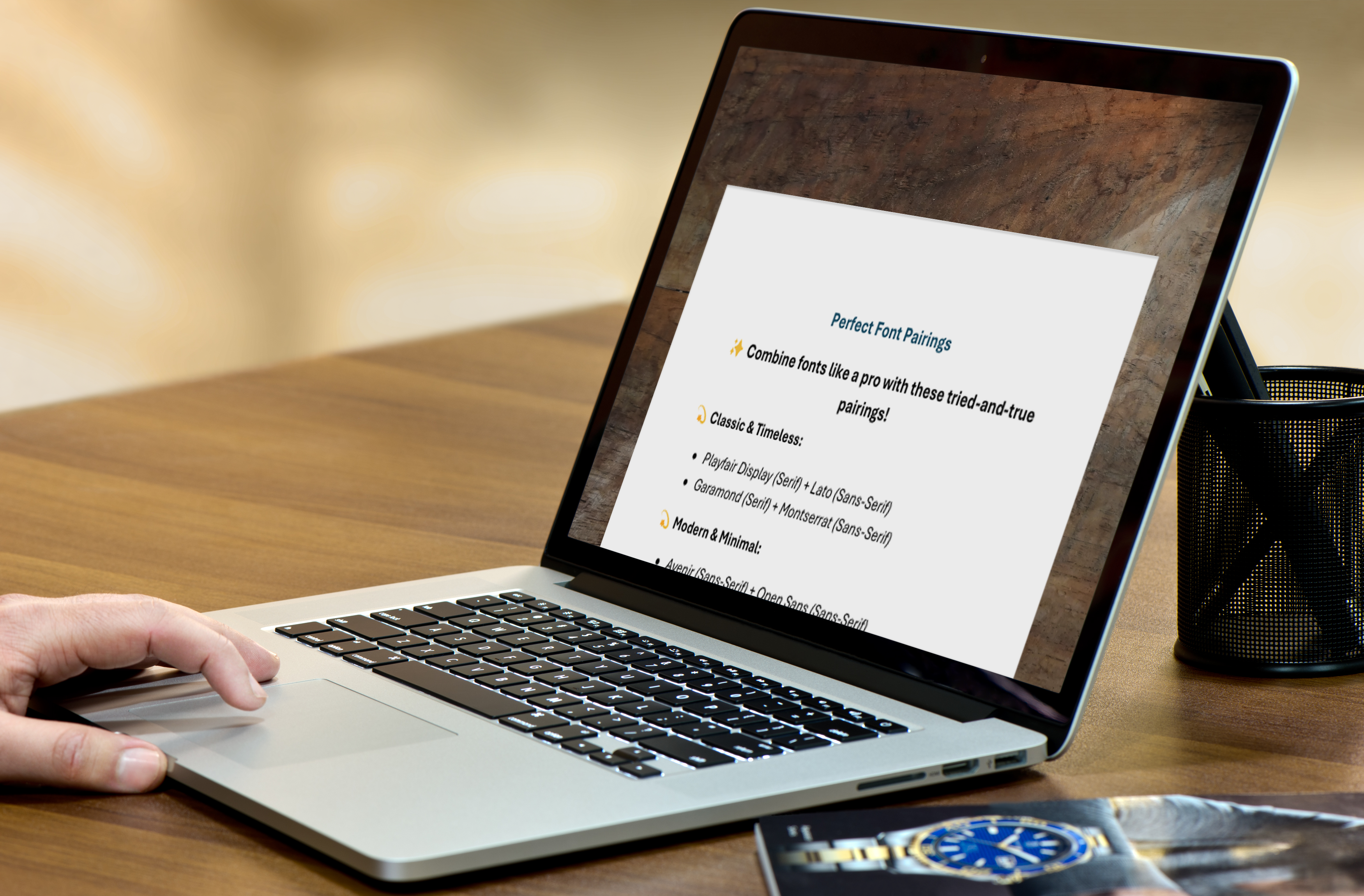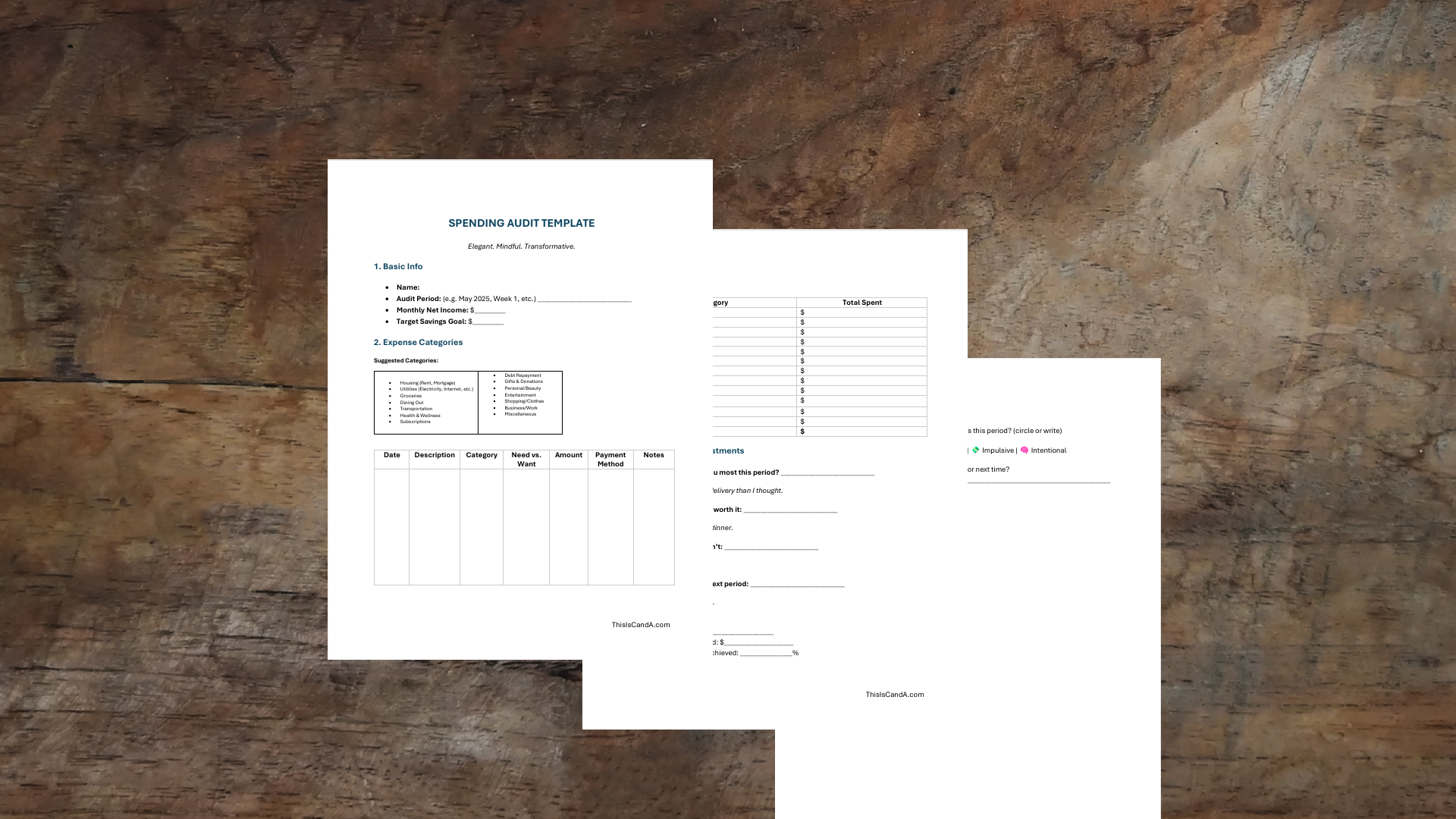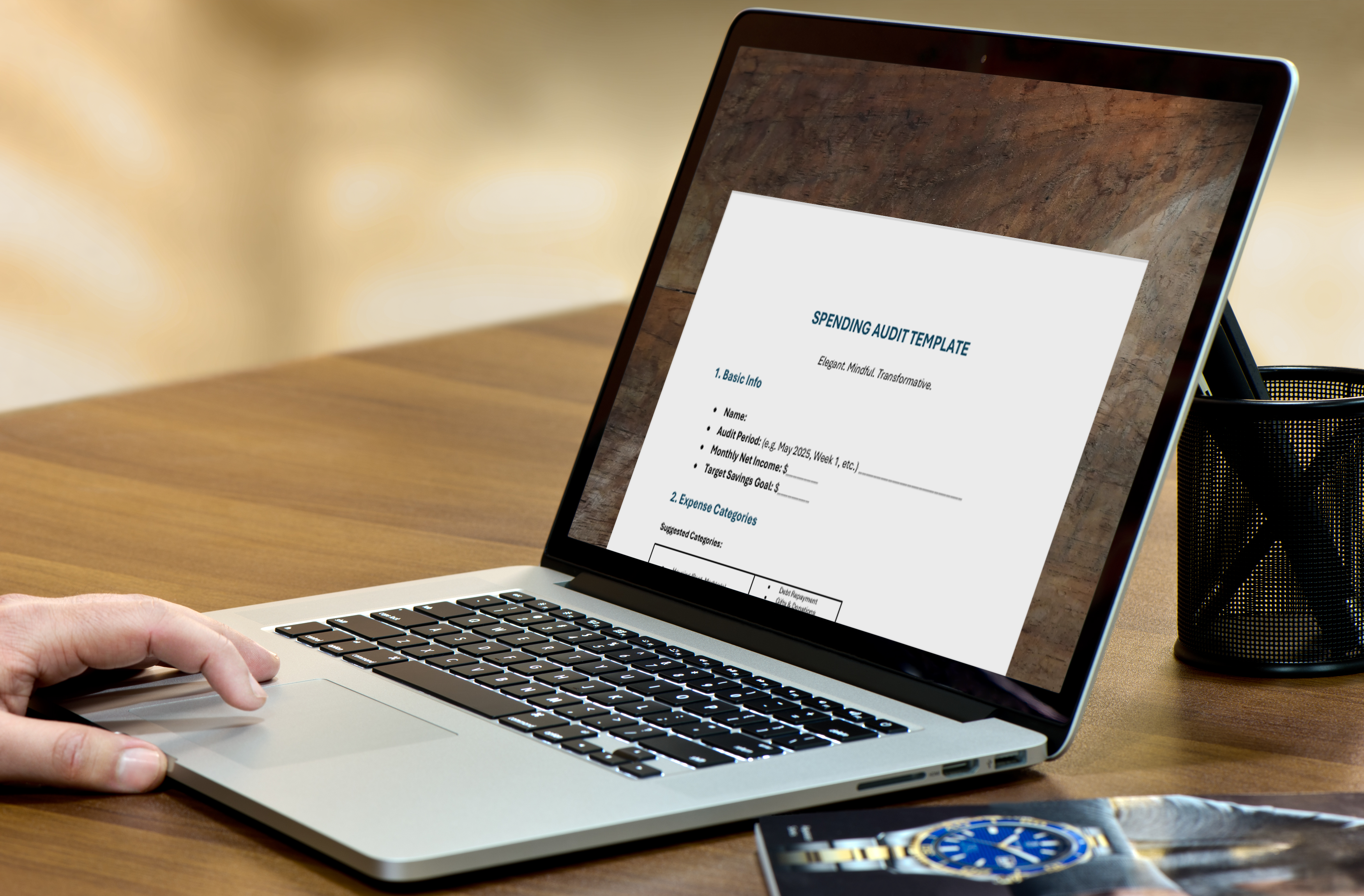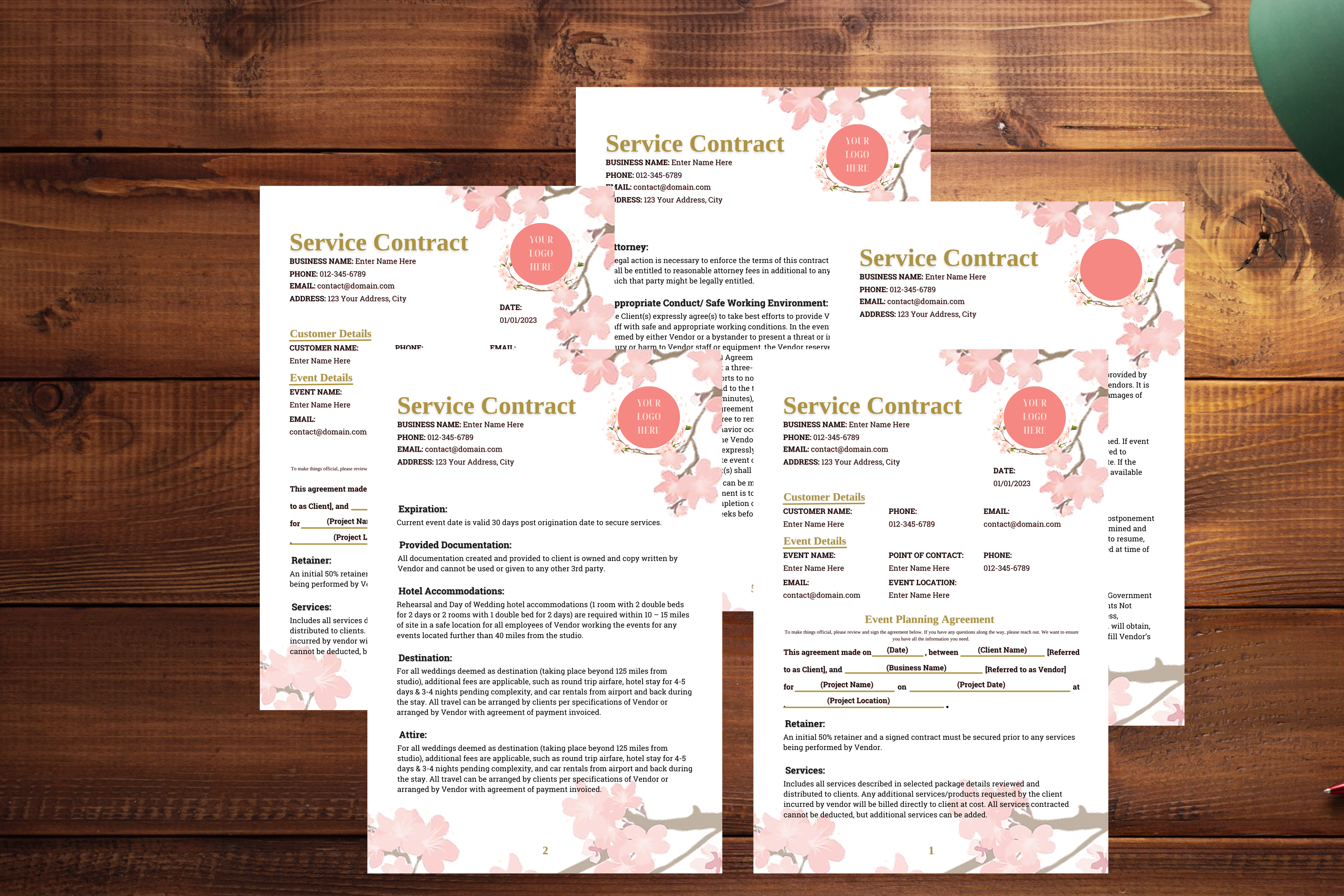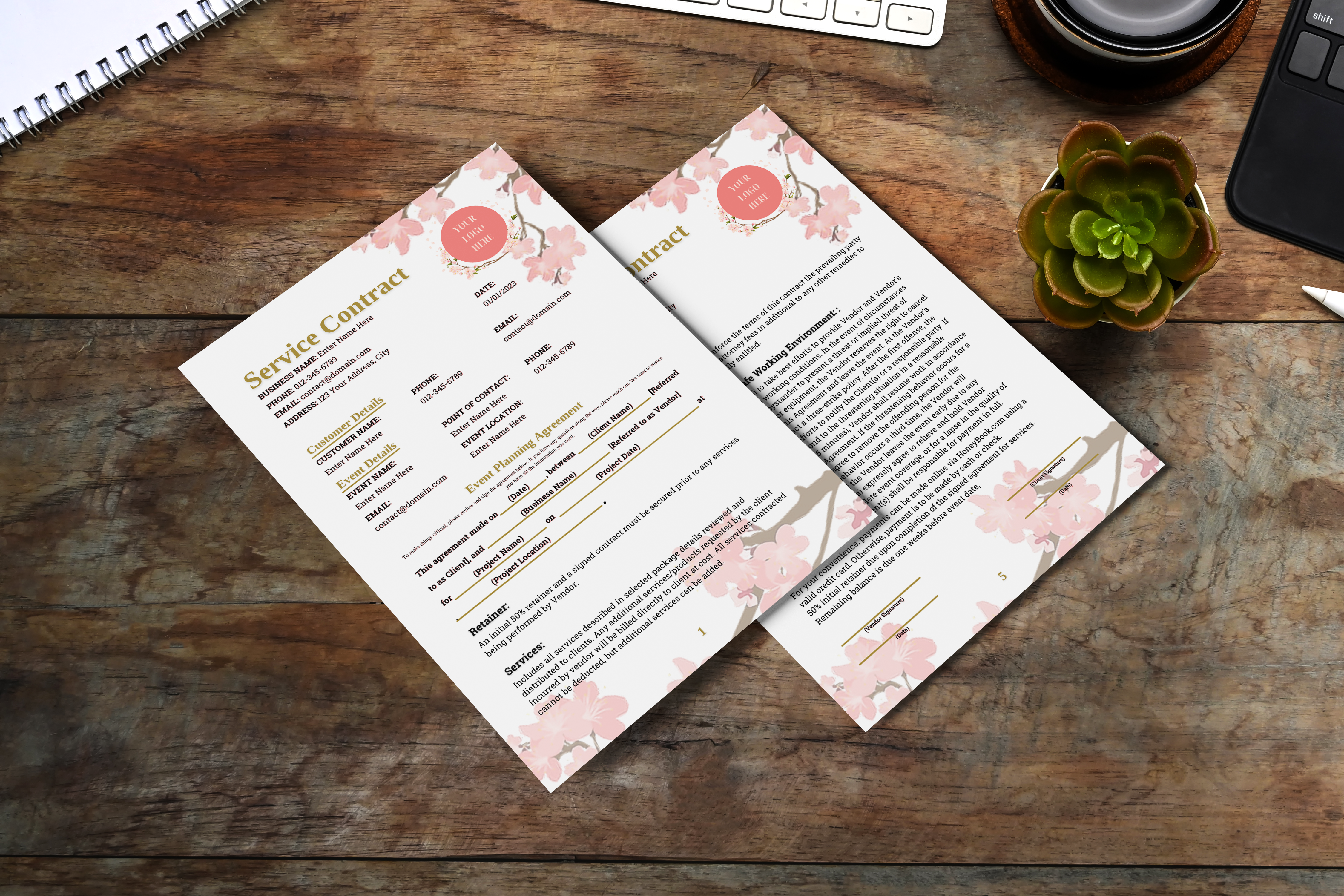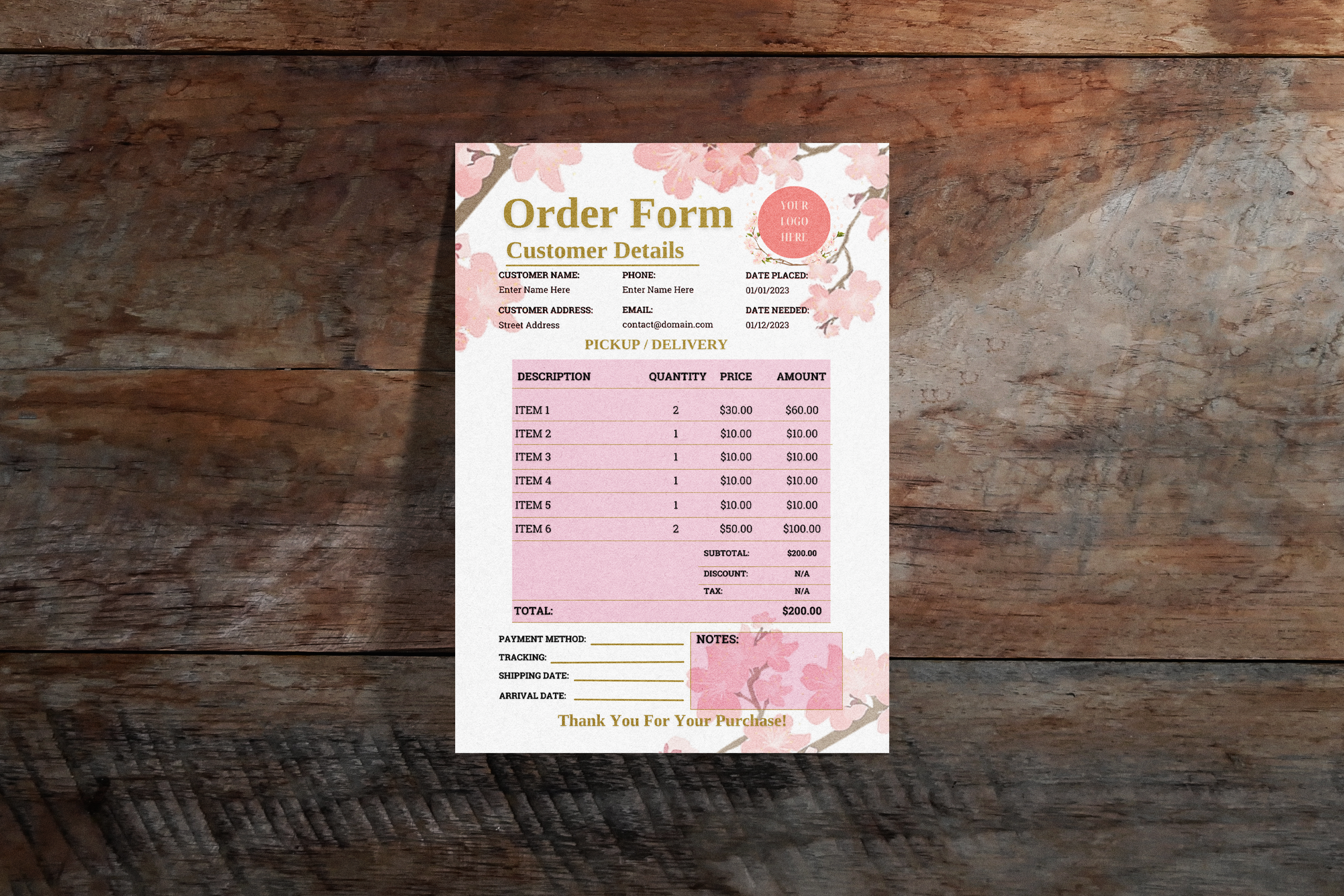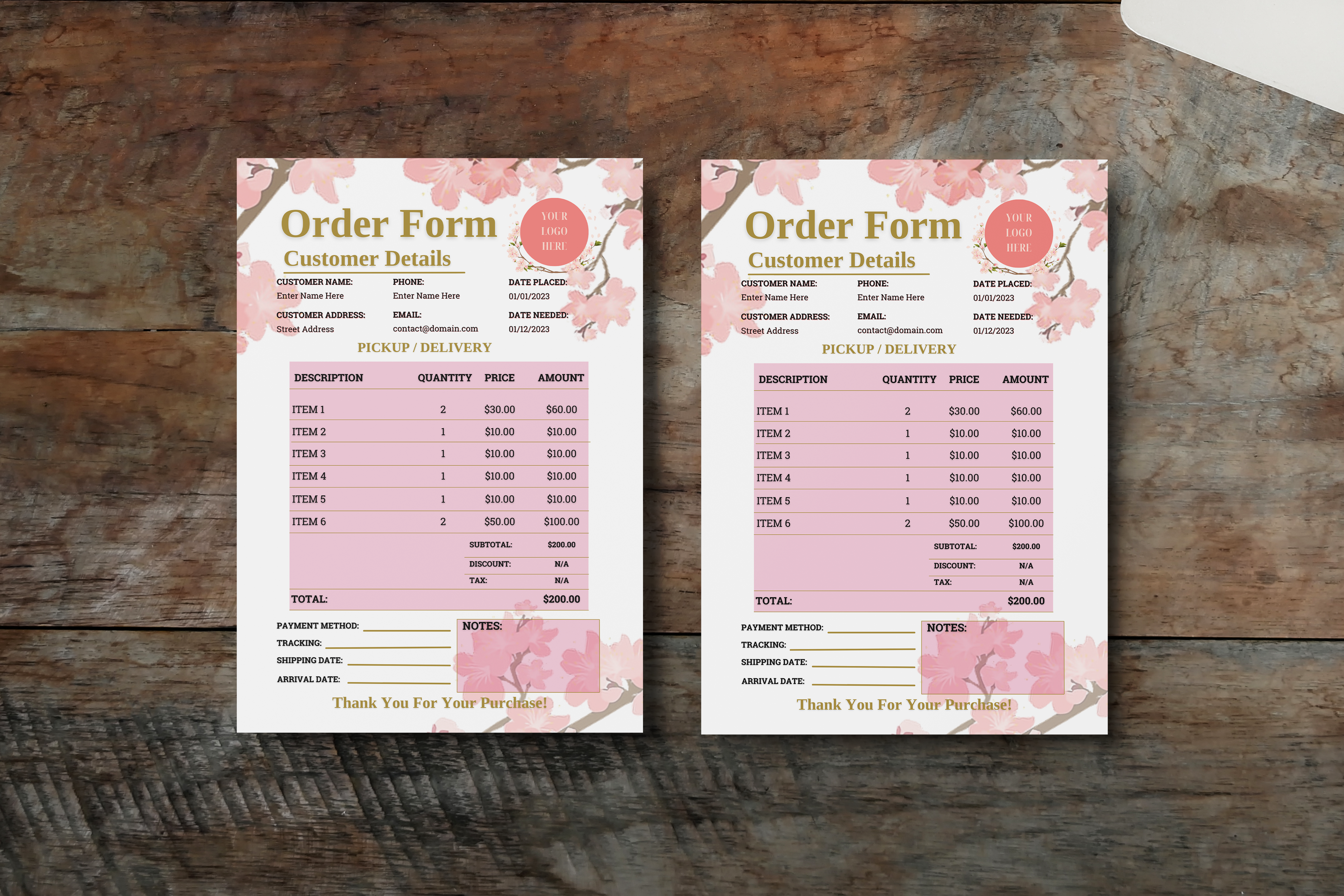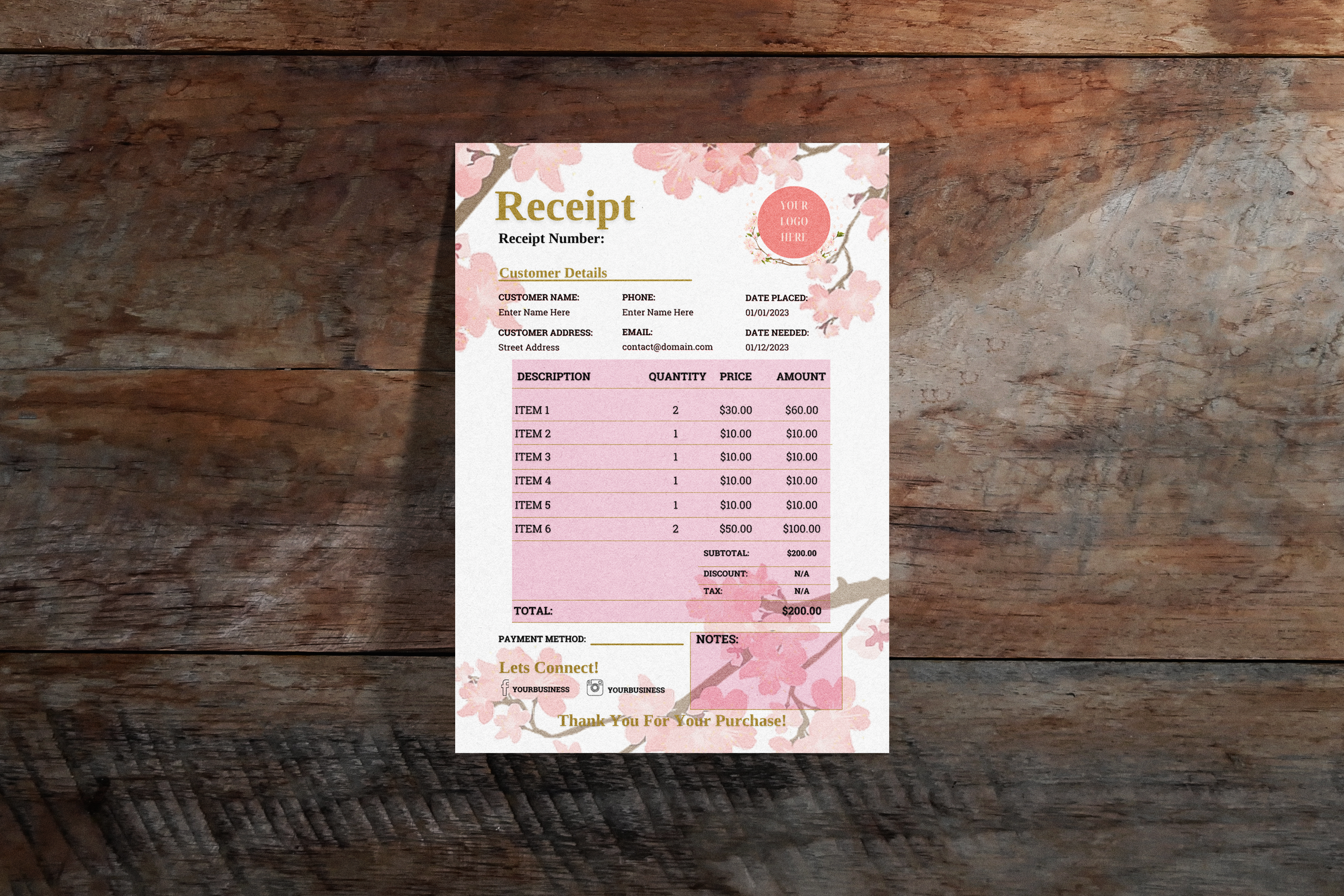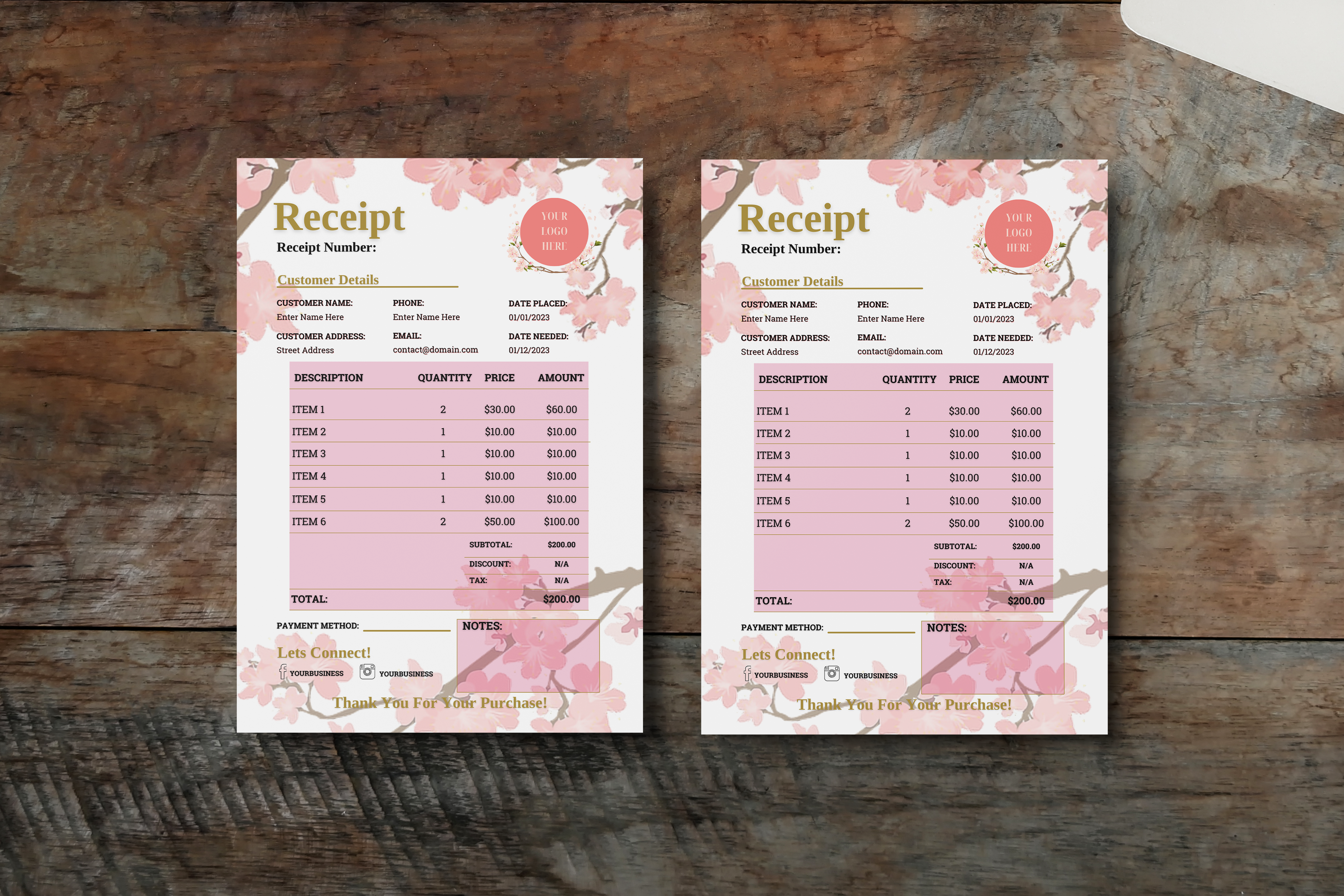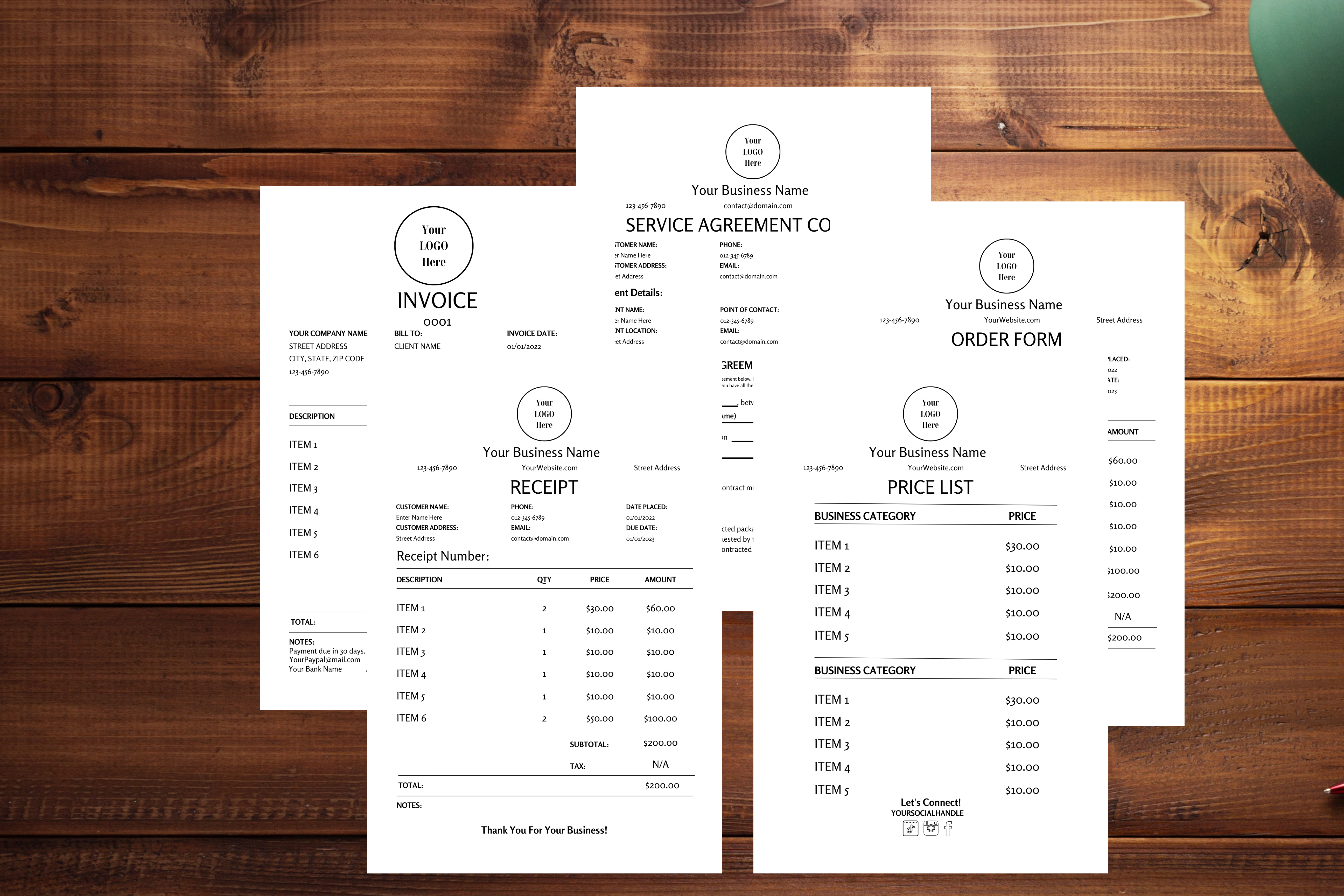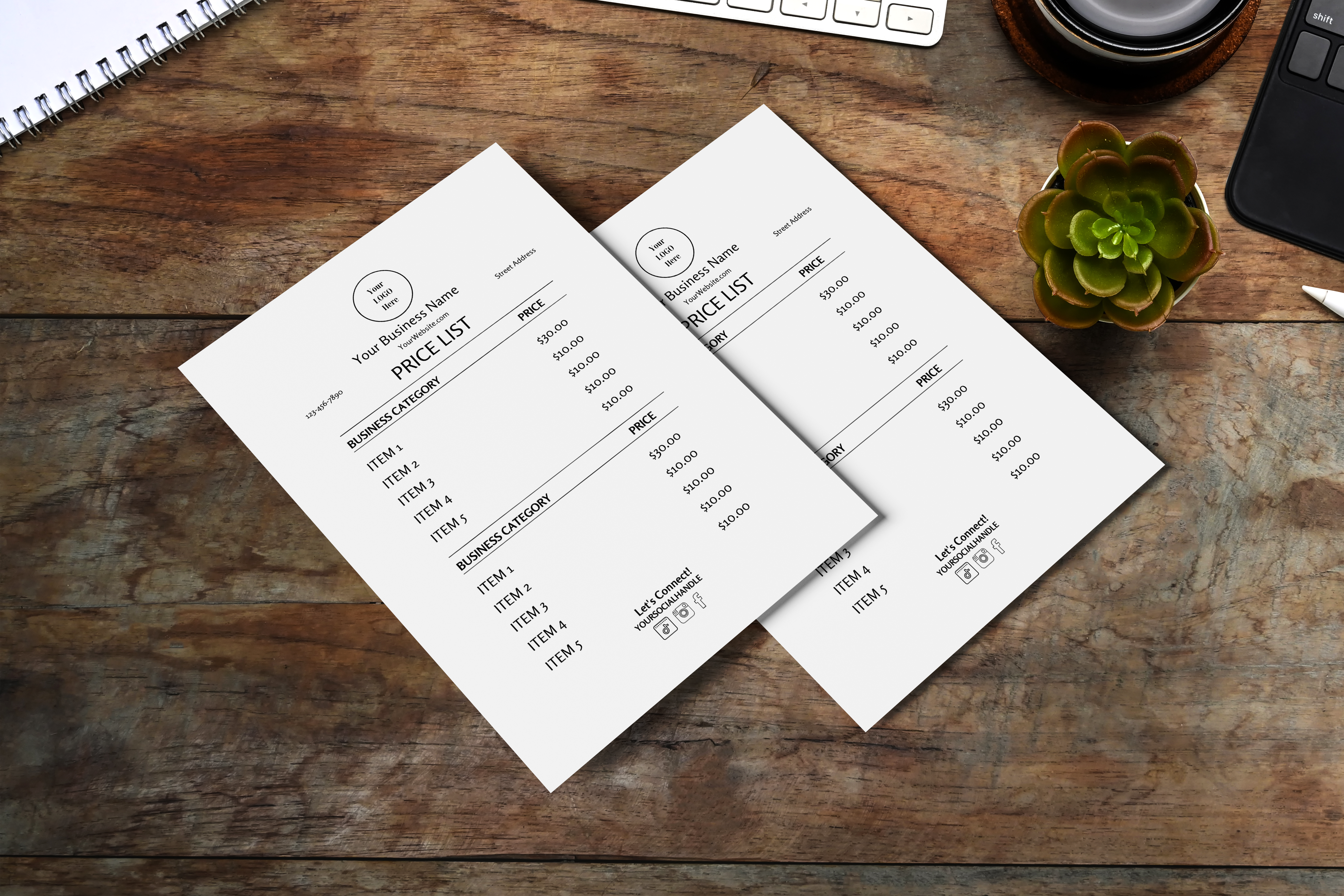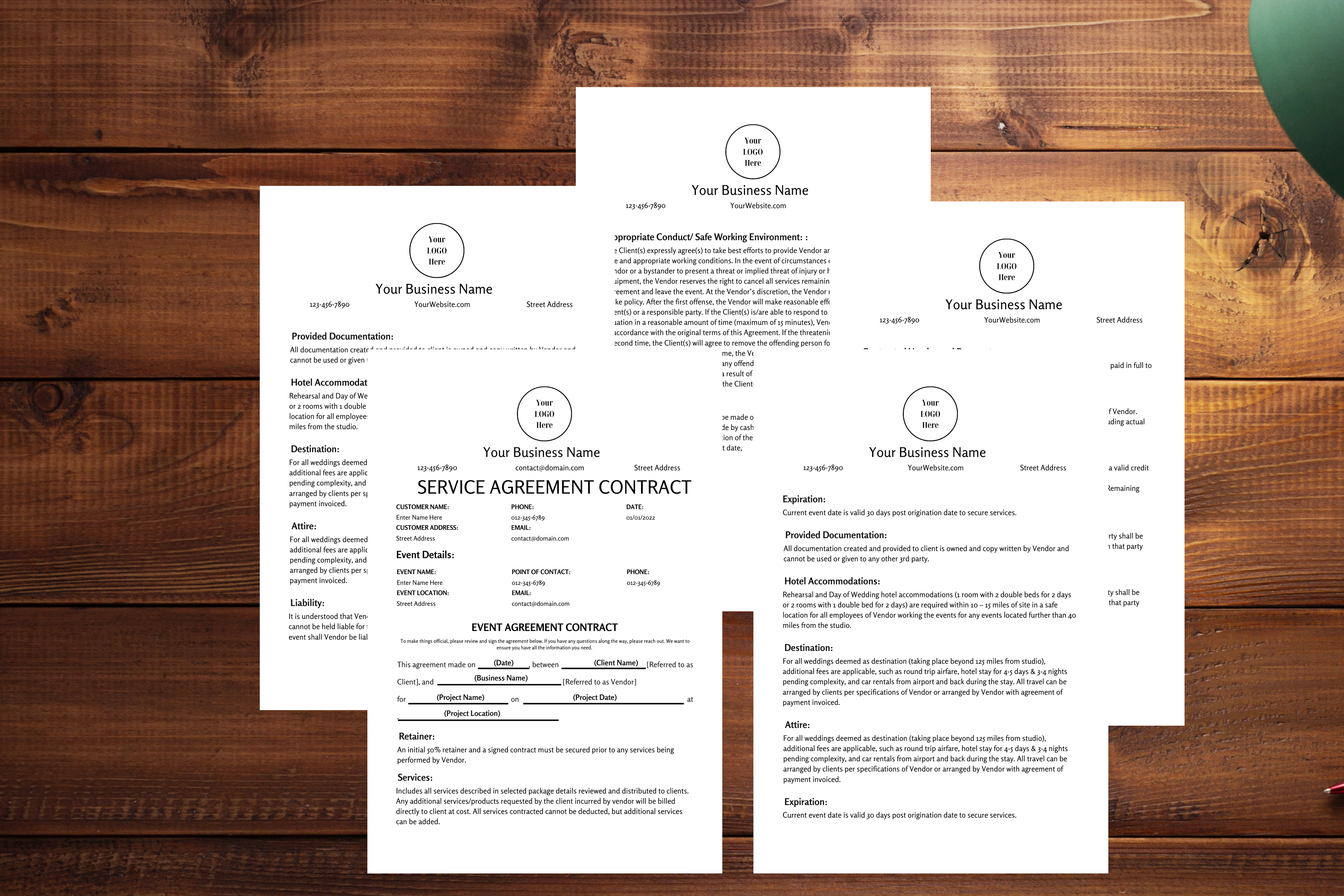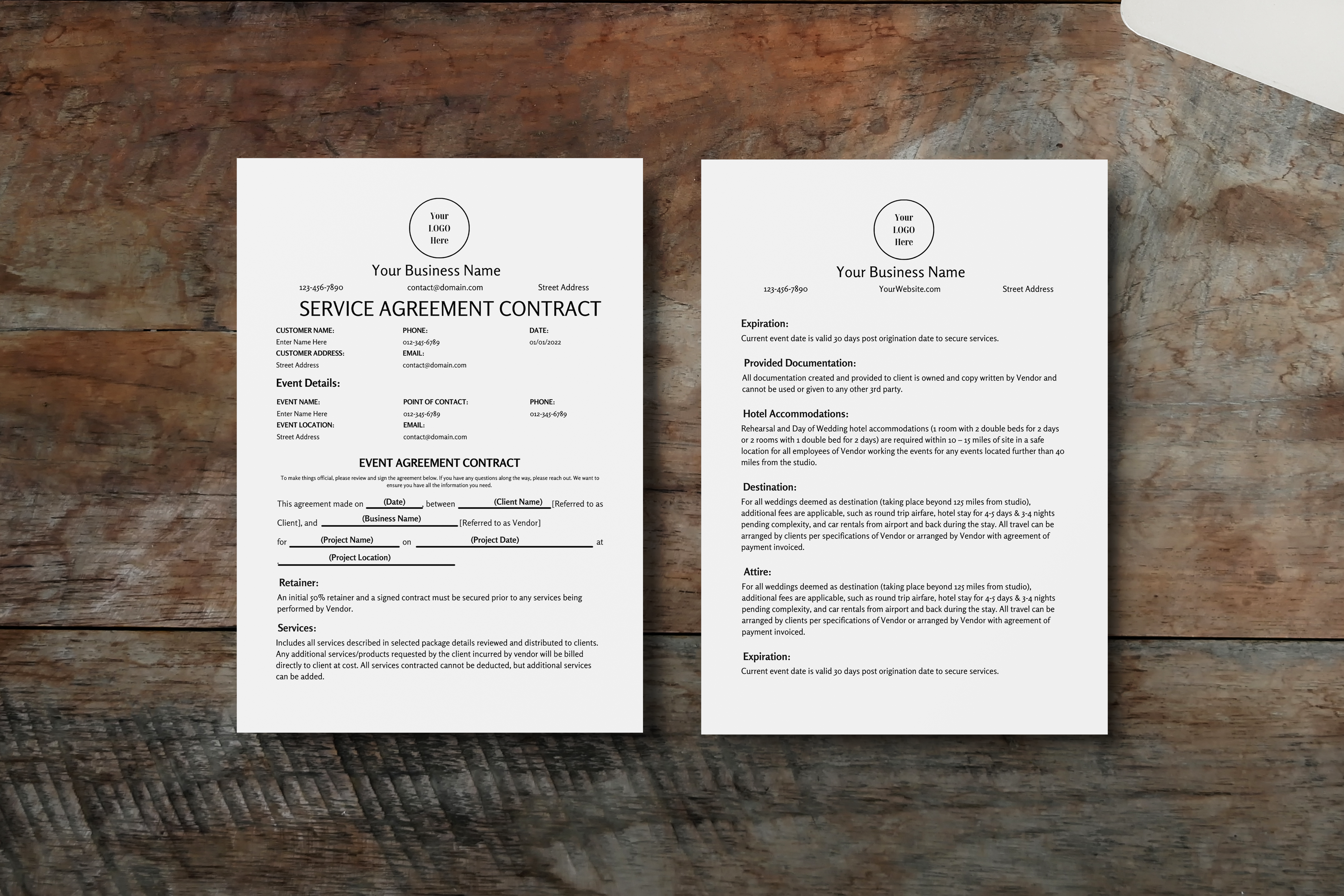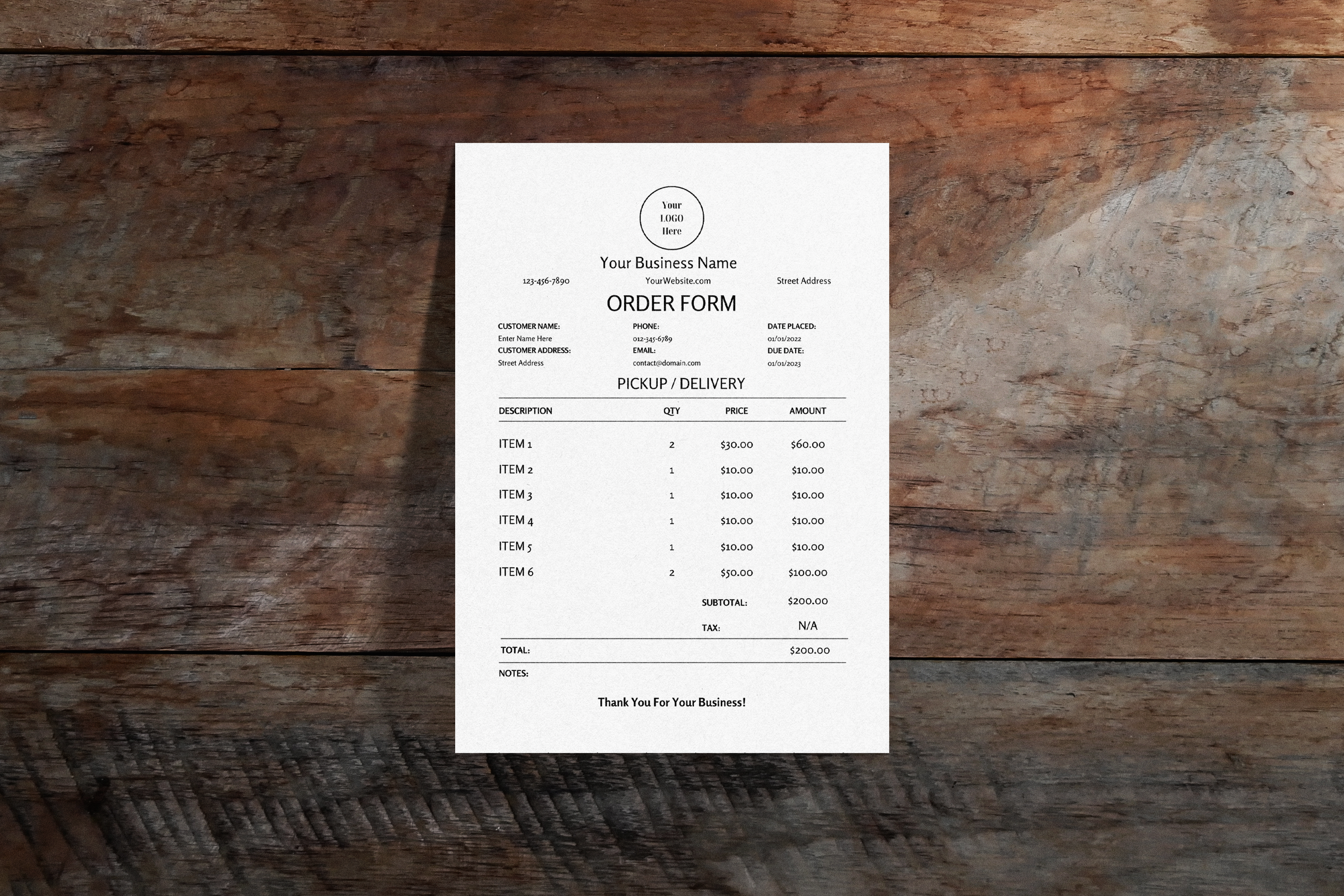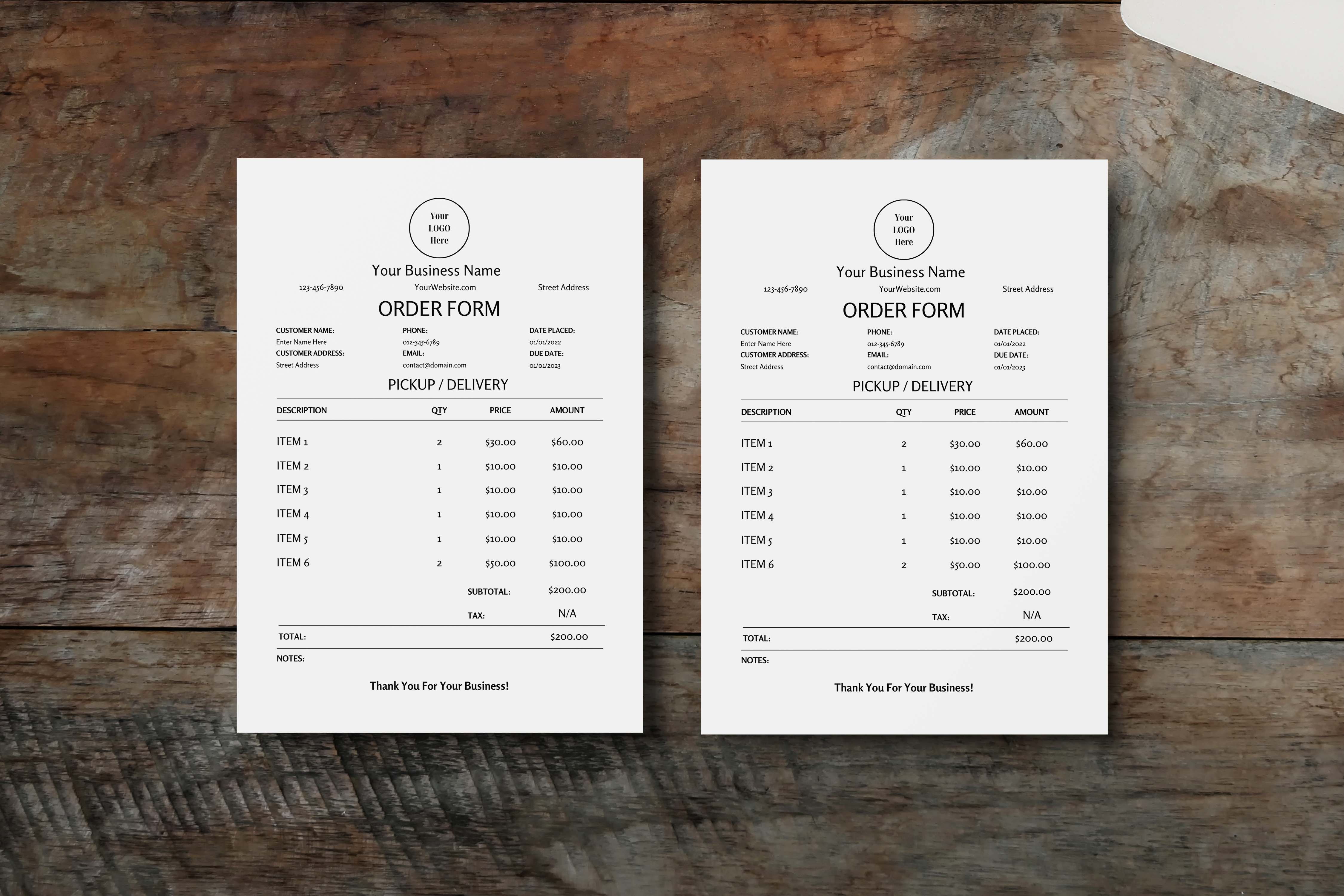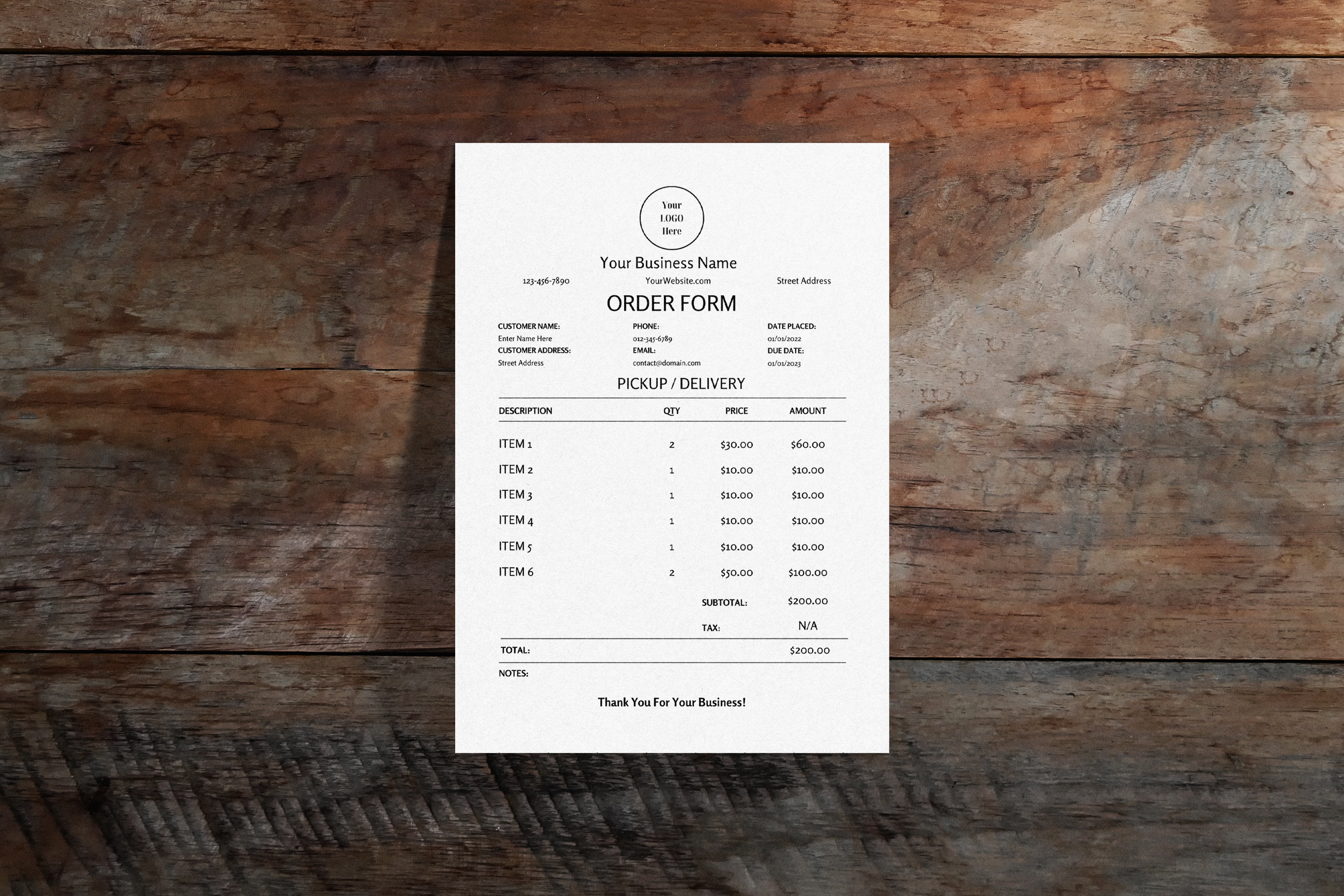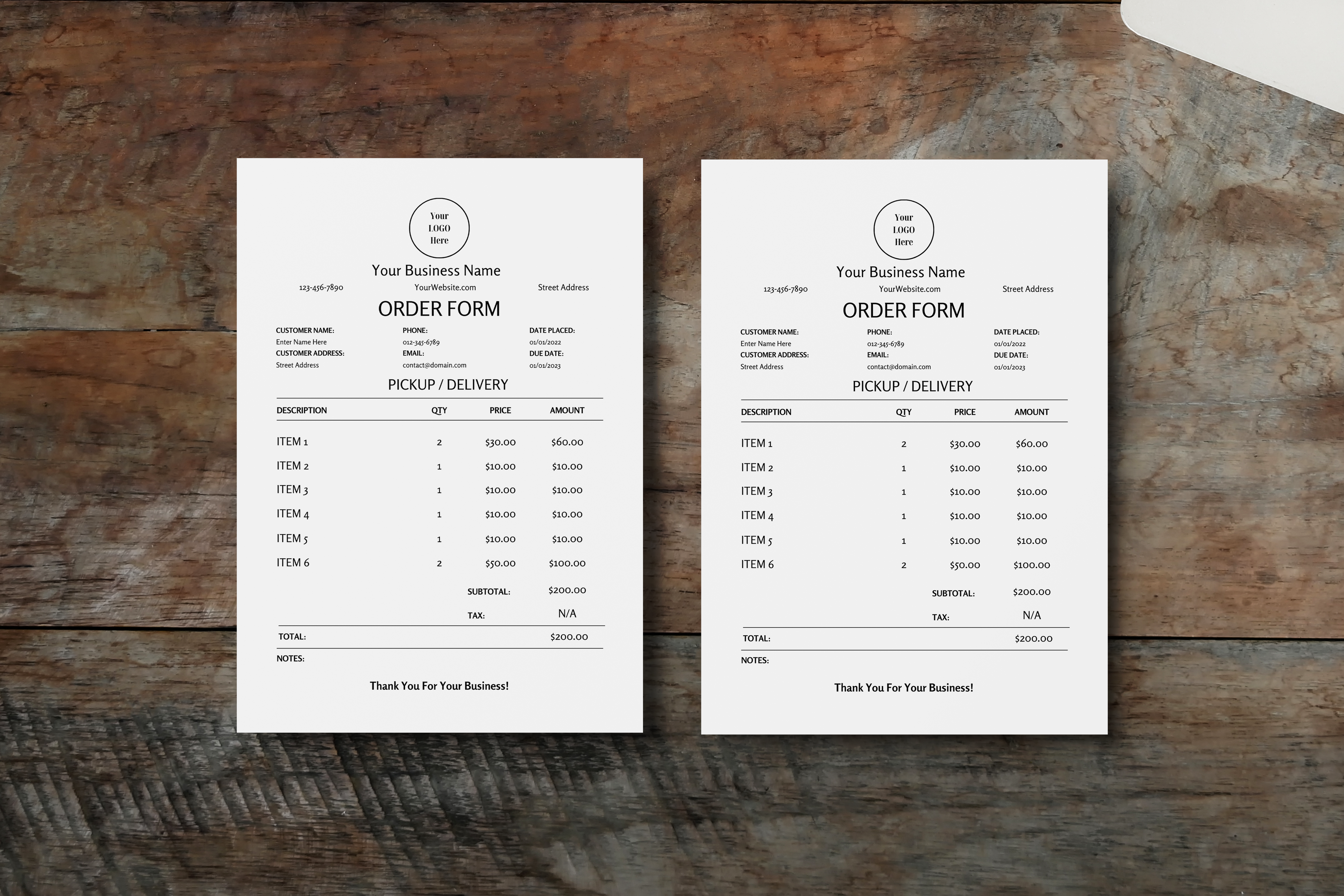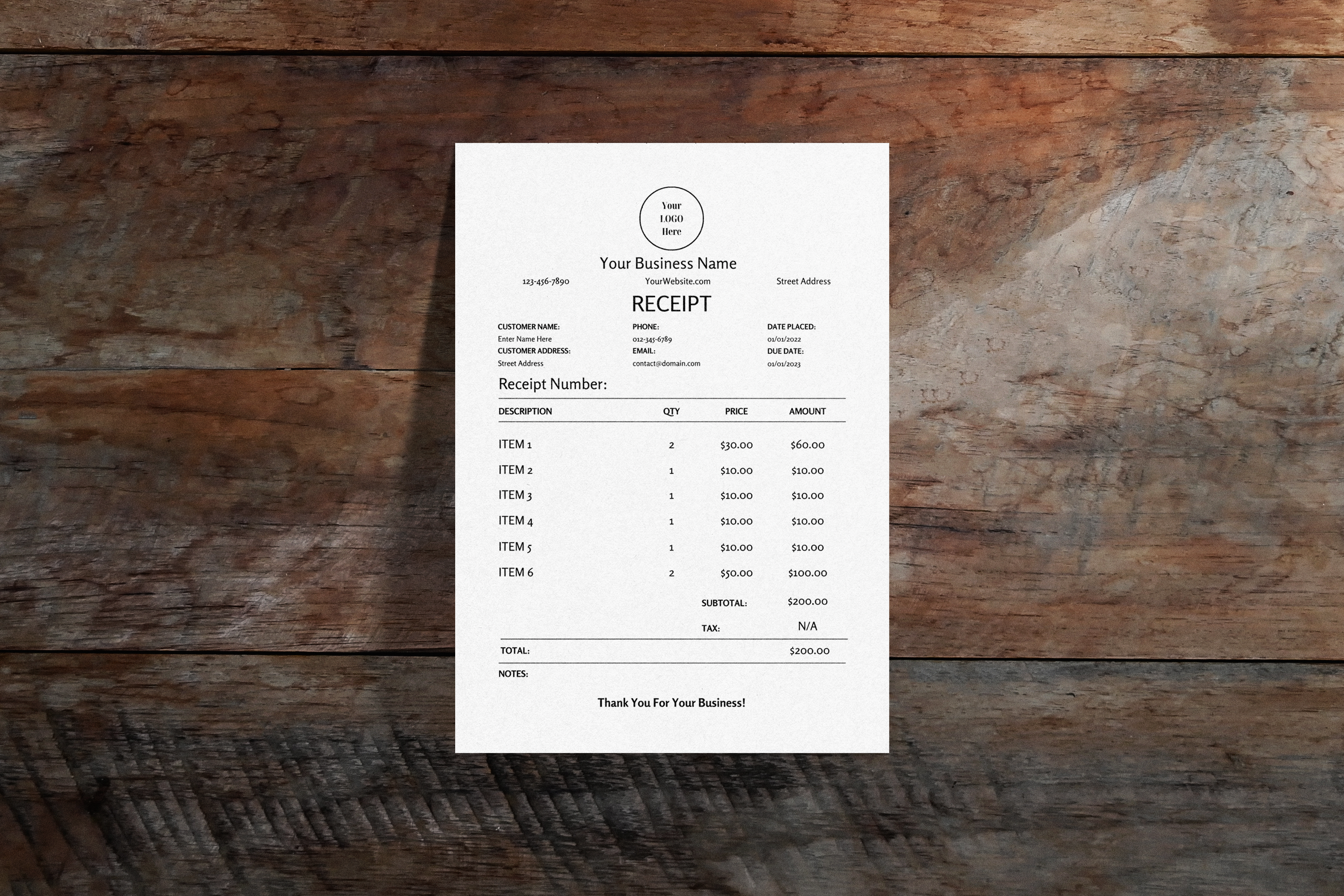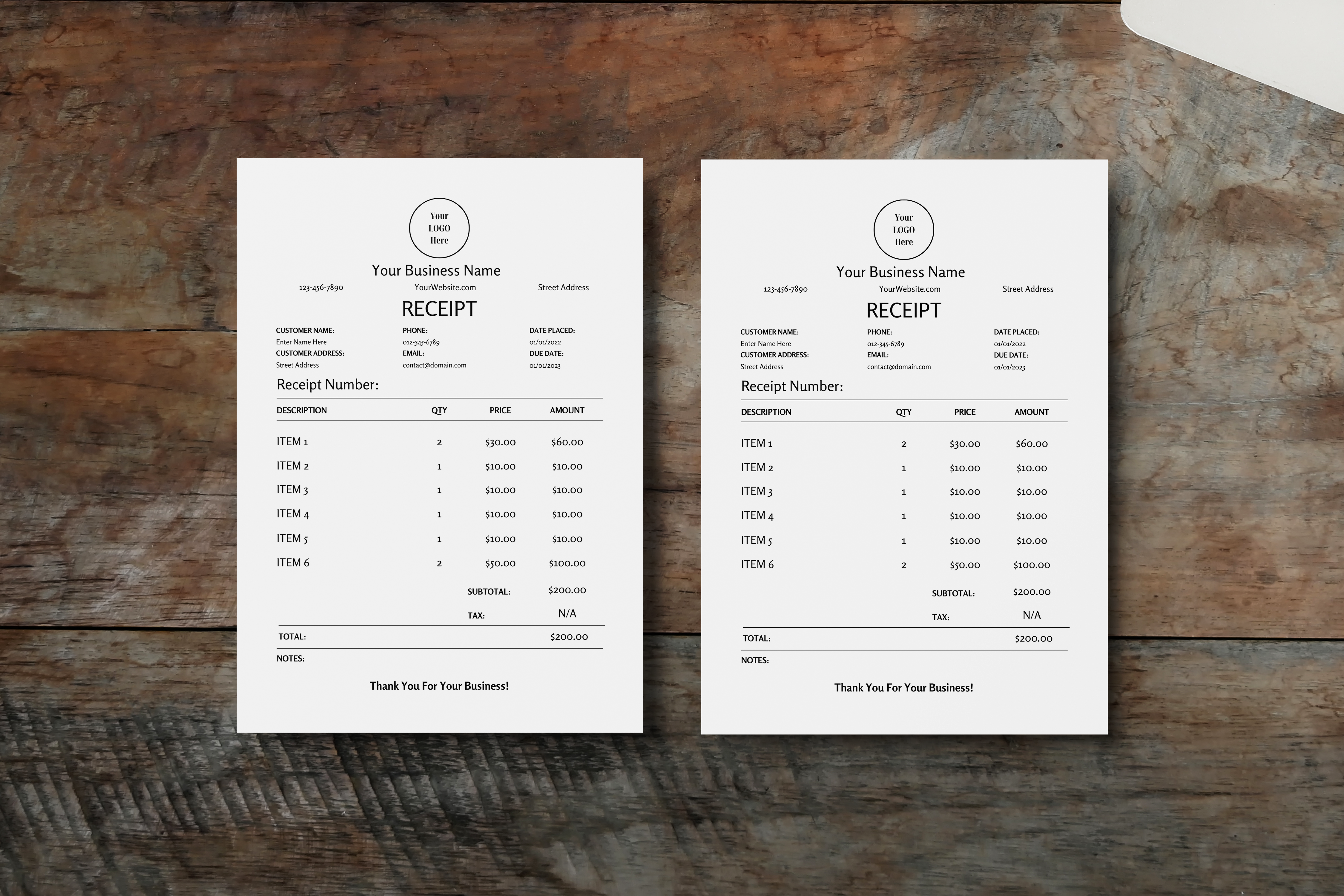
Inflation Exposed: Expert Tips to Preserve and Grow Your Wealth

We have all watched in recent years as inflation has risen to record levels, quietly diminishing the value of our hard-earned money. Like a creeping shadow, inflation gradually eats away at purchasing power. This means that it vital to take proactive steps to grow and preserve your wealth. In that case let’s take a closer look at inflation and how it affects your finances. But most importantly, how you can protect your money from its grasp. Proper planning can help you to safeguard your finances and make your money work harder for you.
Note: This article provides general information and should not be taken as financial advice.
Understanding Inflation
Inflation, dear reader, is simply the general rise in prices over time—a phenomenon that reduces how much your money can buy. It is measured by tracking the annual percentage change in the Consumer Price Index (CPI). As prices climb higher, each dollar stretches a little less, decreasing your purchasing power. Various factors , such as government policies, supply and demand shifts, or the economy are some factors that can fuel inflation.
Two common types of inflation are demand-pull inflation and cost-push inflation. Demand-pull inflation occurs when there’s too much demand for too little supply, pushing prices up. Cost-push inflation happens when production costs—like wages or raw materials—rise, and businesses pass those costs onto consumers.
Historically, inflation has shaped economies in profound ways. Think of Germany’s hyperinflation during the Weimar Republic, the inflationary surge in the U.S. during the 1970s, and most recently, the global inflationary pressures following the COVID-19 pandemic, further intensified by the conflict between Ukraine and Russia.
How Inflation Affects Your Wealth
Inflation impacts your finances in multiple ways. It touches everything from savings to investments.
Effect on Cash Savings
Inflation erodes the value of your cash over time. As prices rise, the purchasing power of your savings diminishes. Keeping large amounts of cash in traditional savings accounts can result in a real-time loss, as inflation outpaces interest rates.
Impact on Investments
Inflation affects your investments, like as stocks and bonds. If inflation outpaces the returns on your investments, the real value of those assets decreases. This slows your financial progress over time toward and shrink your wealth.
Real Estate and Inflation
Property is often a strong hedge against inflation, as real estate values can rise alongside prices. However, inflation can also increase maintenance costs, property taxes, and other expenses. As you add real estate into your wealth portfolio, keep these rising costs in mind.
Cost of Borrowing
Inflation impacts not only property but also the cost of borrowing. As prices rise, lenders may increase interest rates to makeup for the decreasing value of money. This can make borrowing money more expensive and influence what projects or investments you're able to finance.
Impact on Fixed-Income Investments
Inflation poses a particular challenge to fixed-income investments like bonds or certificates of deposit. If inflation exceeds the return on your investment, your real earnings are diminished, or worse, you could experience a negative return.
Expert Tips to Preserve and Grow Your Wealth
Fortunately, there are time-tested strategies you can employ to protect your wealth from inflation’s grasp. Let’s explore a few tips:
1. Diversify Your Investments
Diversification is your armor against inflation. During inflationary times, certain assets tend to outperform others. Invest in a variety of assets such as stocks, bonds, real estate, and commodities. This will help to cushion your losses.
2. Consider Inflation-Protected Assets
Treasury Inflation-Protected Securities (TIPS) are government bonds specifically designed to safeguard against inflation. The value of these bonds rise along with the CPI, this ensures your investments keep pace with inflation. Including TIPS in your portfolio can provide a sturdy buffer against rising prices.
3. Invest in Real Assets
Tangible assets like real estate, precious metals, and agricultural commodities often retain their value during inflationary periods. Real estate can offer both capital appreciation and rental income. This makes it an attractive option to counter the effects of inflation. Commodities and precious metals, such as gold, are also seen as stores of value when inflation is on the rise.
In Conclusion
Inflation is a constant force that if left unchecked will chip away at your financial security. But with knowledge and strategic planning, you can preserve and even grow your wealth in the face of rising prices. Diversify your investments, consider inflation-protected options, and look into real assets, you’ll be well-prepared to navigate inflation. Your financial future is yours to protect—let it shine bright, even in the face of inflation.





